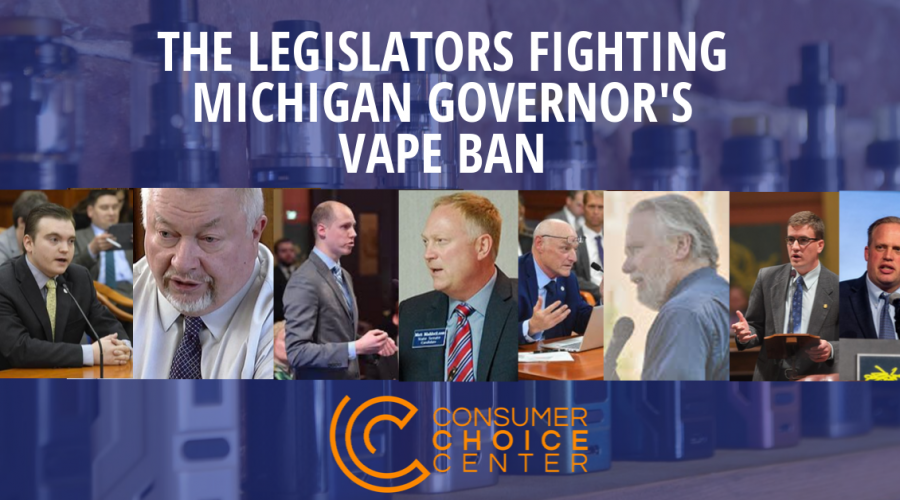Open letter to the Romanian government/parliamentarians

Dear Member of Parliament/the government,
We address this letter to you with regard to the law for the amendment of certain regulations applicable to the tobacco products sector. The amendment would introduce a tobacco display ban at points of sale, bans of sponsorship as well as 1-2-1 marketing. We believe that the rationale for these changes is not conclusive, and would like to explain the reasons for our opposition.
For consumers, the implementation of a display ban reduces the amount of information available for tobacco. Cigarettes are a legal product in Romania, yet consumers would become unable to identify differences between brands and are unexposed to new upcoming products. Added to that, a display ban creates uncertainty on the legal market, as the practice of selling cigarettes “under the counter” is equally present in the case of retailers engaging in the sales of illicit cigarettes.
A radical crackdown on tobacco as a legal product reinforces the prevalence of illicit trade. In France, where constant price increases, smoking bans, heavy regulation on harm-reducing products, and plain packaging are the norm, this phenomenon is particularly noticeable. There are some 7.6 billion contraband and counterfeit cigarettes in circulation in France, making up 13.1% of total consumption.
Some of our members have reported to us to have received counterfeit products when purchasing cigarettes in UK corner stores, where similar legislation is already in effect. A display ban might make it easier for vendors of counterfeit cigarettes to hide their illicit products from consumers and law enforcement until the moment of sale.
We would also like to draw your attention to the fact that a decrease in smoking susceptibility does not necessarily equate to a decline in smoking rates, since this decrease also correlates with a number of other factors, on both the regulatory and the educational side, as well as innovations such as harm-reducing products.
A negative side-effect of a display ban can be that smoking is perceived as an ominous and secretive act, which encourages certain youth to pick it up. In a comparable fashion, illicit narcotic substances are also purchased in large numbers by youths, without any advertising or display. We know through evidence in countries that have legalised or decriminalised these substances (particularly in the case of cannabis) that youth consumption rates normalise as the handling of the substance reaches social acceptance.
We believe that harm-reducing products such as e-cigarettes represent an innovative way towards smoking cessation. A permissive approach to e-cigarettes would show a positive impact. According to the UK’s National Health Service (NHS), between 2011 and 2017, the number of UK smokers fell from 19.8% to 14.9%. At the same time, the number of e-cigarette users rose: almost half of these consumers use e-cigarettes as a means of quitting smoking.
Public health objectives can be attained through alternative products. This is why a simultaneous ban on e-cigarettes would be counterproductive. Display bans reduce the amount of information available to consumers, and mirrors the shadow economy, whose activities will be eased. Illicit tobacco trade is already a major reason for concern in Europe. Legislative acts such as these, so we fear, would worsen the situation.
We hope that our objections and concerns finds you well, and that we can work together towards achieving public health objectives in a manner that is reconcilable with consumer choice.
The Consumer Choice Center is the consumer advocacy group supporting lifestyle freedom, innovation, privacy, science, and consumer choice. The main policy areas we focus on are digital, mobility, lifestyle & consumer goods, and health & science. The CCC represents consumers in over 100 countries across the globe. We closely monitor regulatory trends in Ottawa, Washington, Brussels, Geneva and other hotspots of regulation and inform and activate consumers to fight for #ConsumerChoice.





